Applications of Polypropylene (PP) Pumps in Industry
Polypropylene pumps are used in a variety of applications, from agriculture and automotive to industrial processes and pharmaceutical manufacturing. In agriculture, they are used to move fluids, such as fertilizer and pesticides, from storage tanks to fields. In automotive, they are used to move fuel, oil, and other liquids from one location to another. In industrial processes, they are used to move liquids, such as acids and bases, from containers to production systems. In pharmaceutical manufacturing, they are used to move liquids, such as drugs and chemicals, from storage tanks to production systems.
Polypropylene pumps are also used in a wide range of applications, such as food and beverage processing, chemical processing, and wastewater treatment. In food and beverage processing, they are used to move liquids, such as juices, milk, and other beverages, from storage tanks to production systems. In chemical processing, they are used to move chemicals and other liquids from storage tanks to production systems. In wastewater treatment, they are used to move wastewater from one location to another, to clean and filter it, and to store it for later use.
We are the best manufacturer and supplier of PP Pump in India
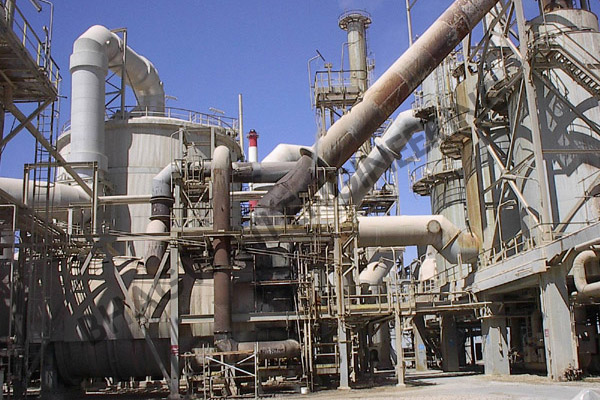
Phosphoric Acid Plants
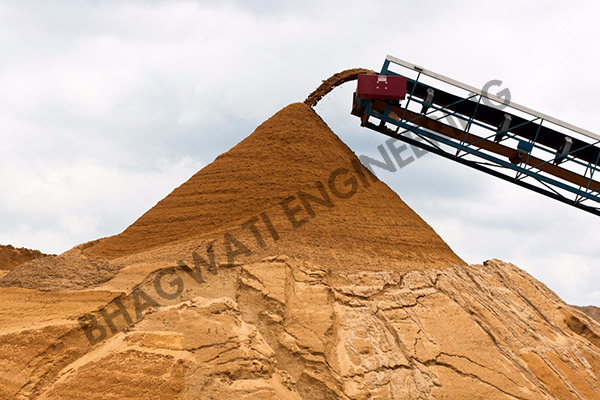
Gas Washing Plants
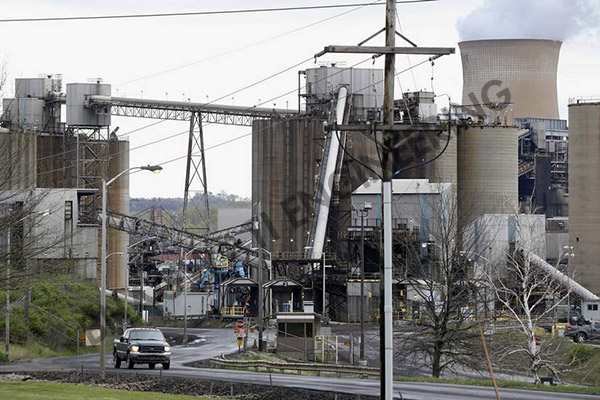
Rayon Plants
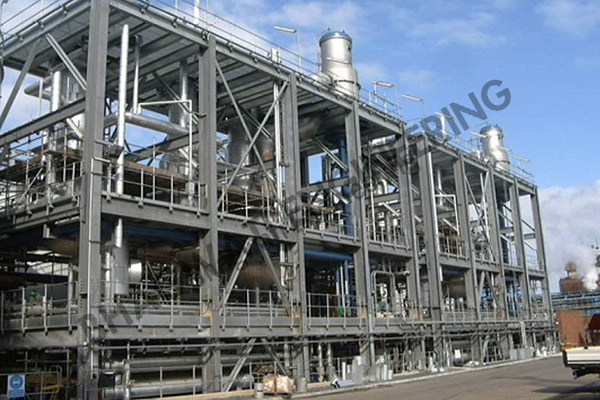
Caustic Soda Plants
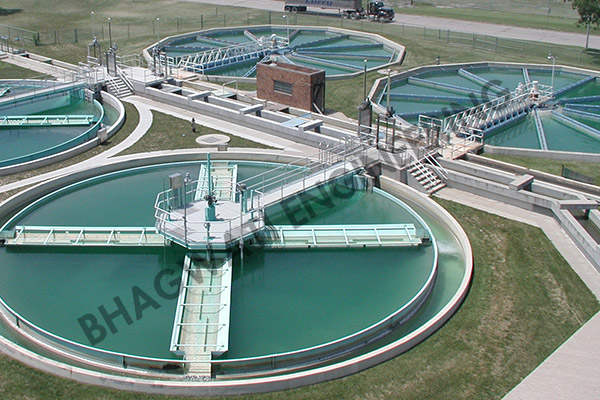
ETP Plant
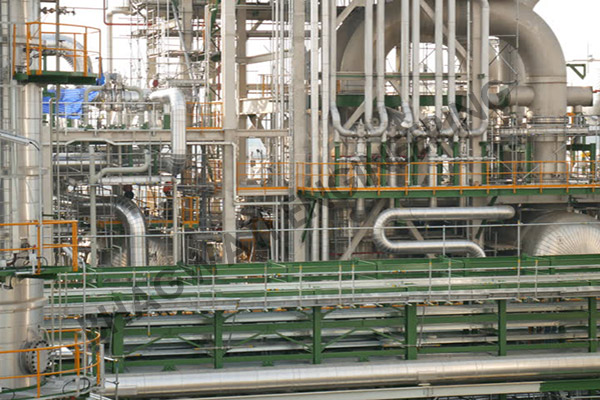
Rolling Mills
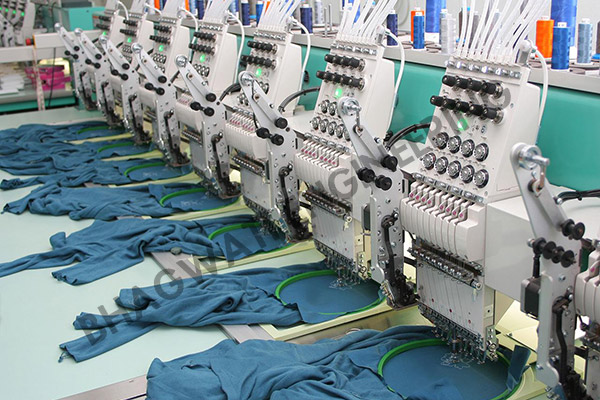
Textile Industries
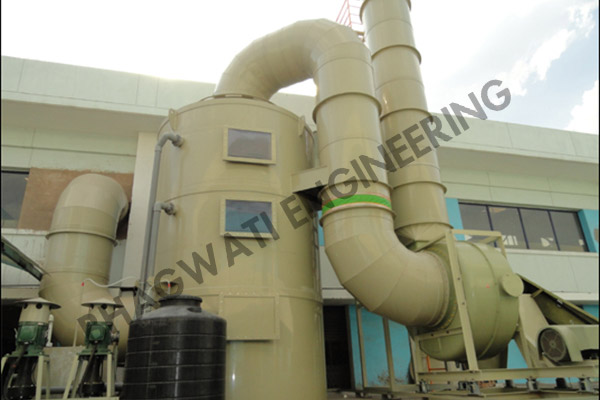
Pickling Plant
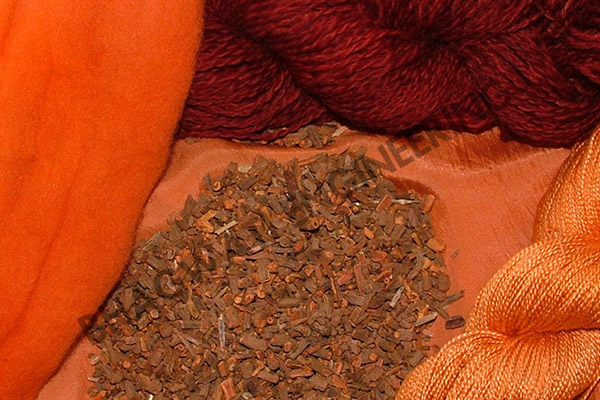
Chemical And Dyes Industries
Polypropylene pumps are also used in fluid transfer applications, such as water treatment, air conditioning, and irrigation. In water treatment, they are used to move water from one location to another, to clean and filter it, and to store it for later use. In air conditioning, they are used to move air from one location to another, to cool or heat it, and to store it for later use. In irrigation, they are used to move water from a reservoir or other source to fields for crop irrigation.
Polypropylene pumps are easy to maintain and offer long-term reliability. They are relatively inexpensive and require minimal maintenance, making them a cost-effective choice for many applications. Additionally, they are resistant to corrosion and can withstand extreme temperatures, making them a great choice for harsh environments.
